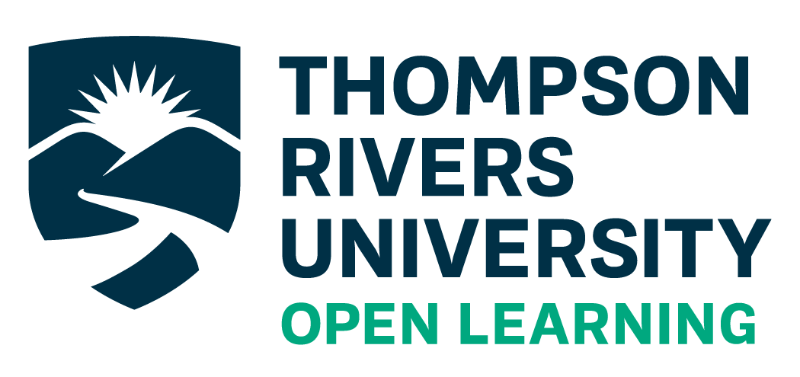Reference Errors (Interview)
A big part of our work involves checking, formatting, and creating academic citations, so this interview with Marilyn Oermann is highly relevant for educational editors:
- McCook, A. (2016, October 4). You cited which paper?? Reference errors are more common than many realize [Blog post]. Retrieved from http://retractionwatch.com/2016/10/04/you-cited-which-paper-reference-errors-are-more-common-than-many-realize/.
Oermann found that reference (citation) errors are much more common than I would have guessed in nursing journals: 28.4% of references had minor or major errors.
Citation errors diminish the perceived quality of academic writing. More worryingly, they also reduce the discoverability and usability of the cited research. In Open Learning courses we must also consider our copyright obligations: If we quote or use materials under the Fair Dealing educational exception to the Copyright Act, we must provide an accurate citation pointing to the original author, performer, maker, broadcaster.
“I do not think errors in references are deliberate but instead are the result of copying and pasting reference information into manuscripts and not checking its accuracy.”
This raises the questions of who is or who should be responsible for researching and correcting citations? Phrased differently, where does this component of educational quality come in the publication or course development processes?
The interview suggests that for nursing journals the copy editor, writer or researcher, and software like RefWorks or EndNote all play a part in the accuracy of citations. In our curriculum development process the responsibility for accurate citations is shared or blurred across several teams or stakeholders. The course writer, subject matter experts or course reviewers, instructional designer, course editor, and intellectual property officer all contribute. I’m sure a few citation mistakes make it into our courses, but having so many experts working together in the development and revision of courses makes me hopeful that the frequency of errors is fewer than in Oermann’s study.
